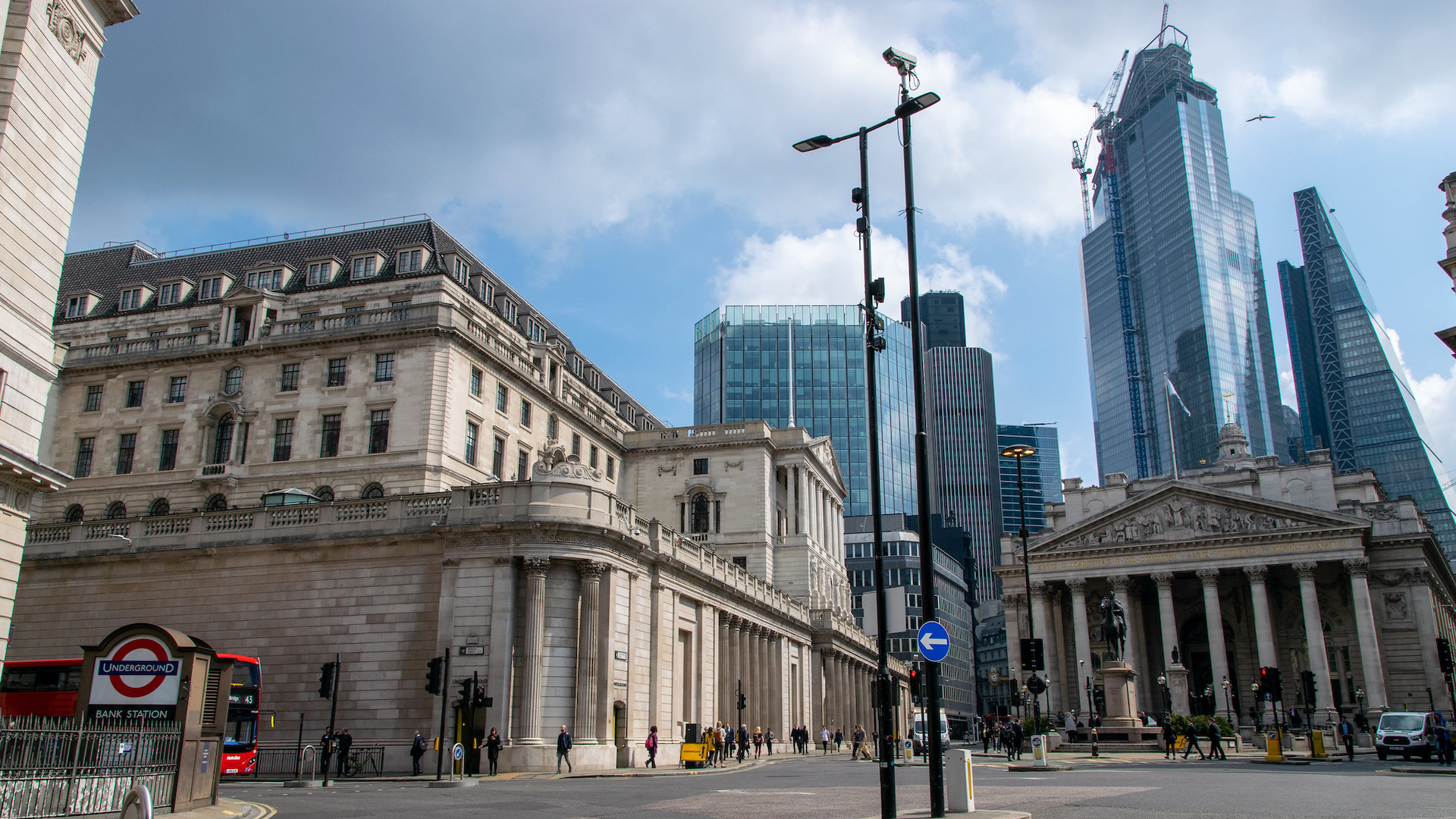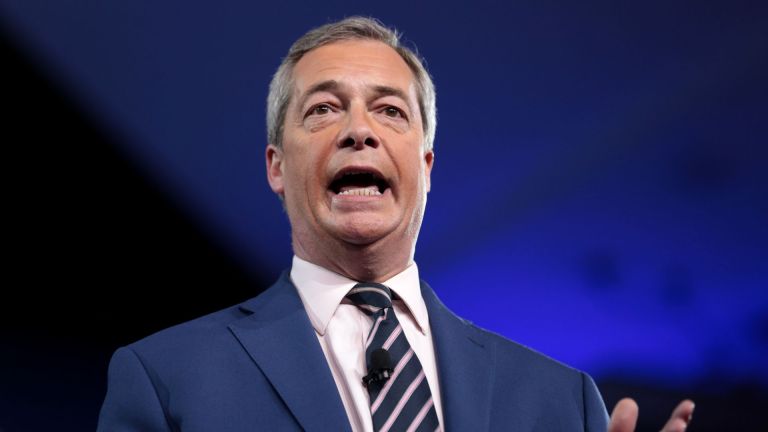What is a recession?
A recession is defined as two successive quarters of negative GDP growth, or six months where the economy shrinks overall. Individual months can see growth – the current recession saw GDP grow by 0.2% in November 2023 – but it is the overall pattern across a quarter which matter.
Being a technical measure, it’s easy to dance on the edge. In February 2023, GDP statistics showed the UK experienced no growth in the last three months of 2022, avoiding a recession by the barest of all margins.
You might see the recently-announced recession referred to as a “technical” or “shallow” recession. This is true – the fourth quarter shrinkage of 0.3% pales in comparison to the 2.2% seen in one quarter during the depths of the 2008 recession, and can be characterised more as stagnation than sharp decline. However, a recession is a black-and-white term. We’re either in a recession or we’re not – a problem for a prime minister who made economic growth one of his key pledges.
It’s all down to GDP – gross domestic product, or, crudely, a measure of economic activity. The newest recession news has been fuelled by a slowdown in wholesale, manufacturing, and construction. However, some sectors have seen growth – for example hotels.
What happens in a recession?
In a capitalist economy like the UK’s, negative economic growth often means that people are spending less money and this has some serious knock-on effects on prices, employment, savings and more.
As businesses cut costs, they also cut jobs. Unemployment currently sits at 3.9%. However, this is forecast to rise to 5.8% by the end of 2024. Rather than fix our economic woes, the Institute for Fiscal Studies has warned this may make the situation worse, by reducing the amount of money people have to spend on the ‘economic activity’ which is needed to avoid a recession.
Advertising helps fund Big Issue’s mission to end poverty
Employment opportunities are also vanishing – with the number of new advertised vacancies down from 952,000 to 908,000.
Higher unemployment can mean the government decides it has to spend less money – as the 2010 coalition government did. The resulting austerity led to cuts in public services.
As inflation rises, the Bank of England also raises interest rates, to stop people borrowing money and potentially fuelling inflation further. Rising interest rates mean higher mortgage costs and campaigners have warned this could push more people into homelessness as homeowners can’t meet their payments and landlords put rents up.
Pranesh Narayanan, research fellow at IPPR, said: “Chronic underinvestment in hospitals, schools, net zero, and infrastructure has created a crumbling public realm and a broken economy.
“This should be a wake-up call that spurs the government to prioritise public investment rather than irresponsible tax cuts. Let’s fix our problems now rather than storing them up for later.”
What is happening to combat the recession?
The Bank of England, the government, or both bring in new policies to try to bring down prices, support households and businesses, and stabilise the economy.
Advertising helps fund Big Issue’s mission to end poverty
There’s a bit of a balance to this: as inflation rises, the Bank of England increases interest rates to make it more expensive to borrow, hopefully deterring spending and ‘cooling’ the economy down. During the pandemic, interest rates were cut to 0.1%, but rose sharply in 2022, hitting 5.25% in August 2023. They have remained here, with Bank of England governor Andrew Bailey saying expected rate cuts may not materialise as quickly as hoped.
Hunt said this is, basically, part of the plan: the priority is fighting inflation, and this means high interest rates may keep growth low.
In the wake of 2008’s recession, rates fell to a low of 0.25%. This is intended to make borrowing easier and discourage saving, all in the hope of jump-starting spending and getting the economy going.
If you see somebody talking about monetary policy, this is usually what’s covered. There is also fiscal policy: tax and spend by governments. Labour’s now-dead £28bn green investment pledge would fall under the kind of fiscal policy intended to boost the economy.
Bear in mind inflation falling does not mean prices fall – they’re still going up, but just by slightly less.
What should you do in a recession?
It’s scary, but there are things you can do to make it less painful.
Advertising helps fund Big Issue’s mission to end poverty
We’ve put together a full list of advice, from personal finance expert Brean Horne, here. But in brief, here’s what you can do to make sure your finances and career are well-equipped to weather the storm.
First, get a hold of your spending habits as soon as possible. Check what you can cut out and where your priorities are – even if there’s not much slack, you might discover hidden expenses.
Then, figure out which debts need prioritising. Debts with high costs, like credit cards, or overdrafts, should be prioritised.
If you can, try to build up an emergency savings account with any money you can spare – sending it automatically to an ISA or high-interest savings account might be the way forward.
Next, take a look at your credit score and explore the ways you can build it up. This will help if you need an affordable loan in the future.
Recession-proofing your career might sound haughty, but think about the skills you have, and how you might be able to expand those. If the job market tightens, having more strings to your bow will stand you in good stead.
Advertising helps fund Big Issue’s mission to end poverty
Who benefits from a recession?
Bluntly, recessions tend to be a squeeze on average workers while providing a glimmer of opportunity for those with the money to manoeuvre.
Meanwhile, those with money to invest while the market is in a slump can see themselves catapulted to longer-term gains – assuming things get better.
And when interest rates fall as a recession lifts, with central banks trying to get people spending again, those looking to get on the housing ladder can find a mortgage is typically cheaper.










